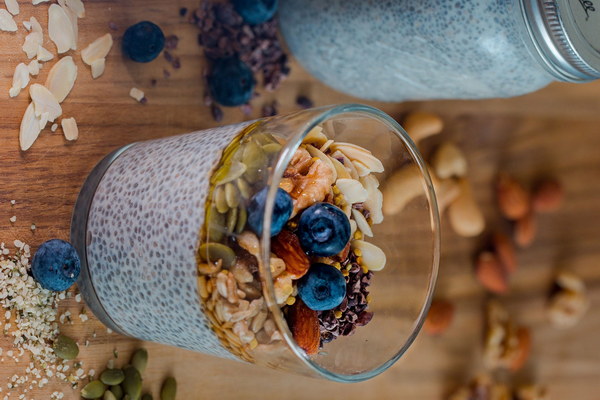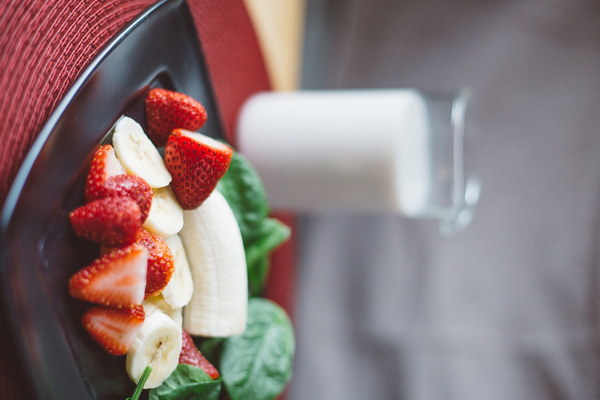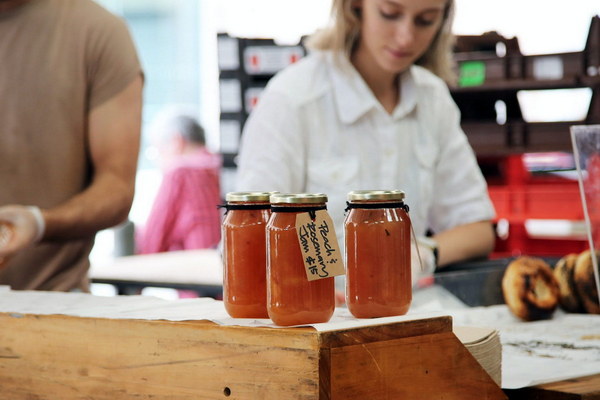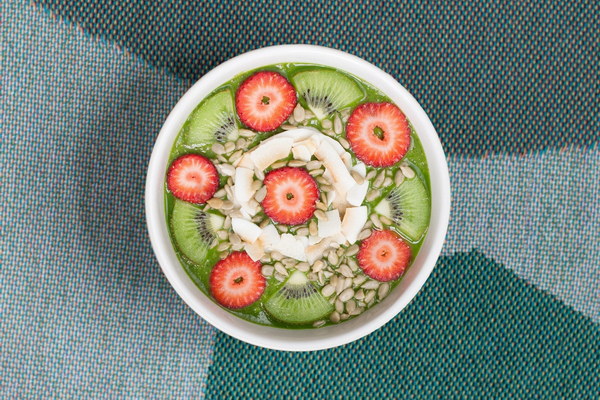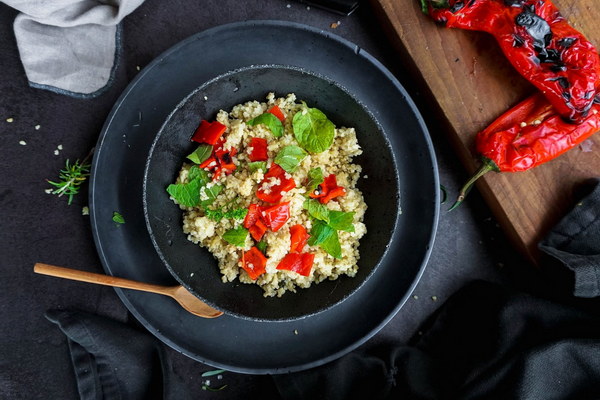Nourishing Your Baby's Health The Power of Zinc-Rich Foods
Zinc is an essential mineral that plays a crucial role in a baby's growth and development. However, due to various factors such as poor dietary habits, illness, or genetic predisposition, babies may experience zinc deficiency. This article aims to provide insights into the importance of zinc for babies and suggests some zinc-rich foods that can help address this deficiency.
The Importance of Zinc for Babies
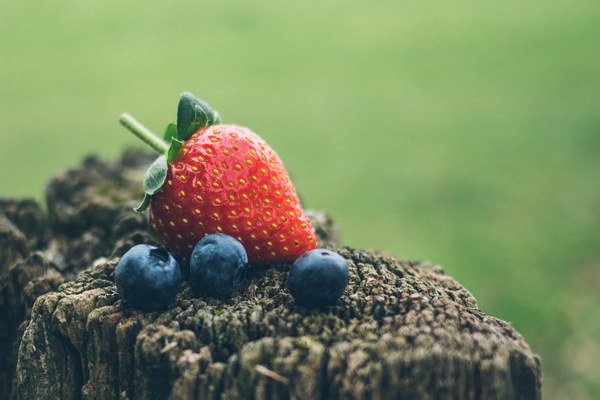
Zinc is a vital component of numerous enzymes and proteins that are essential for cell growth, DNA synthesis, and immune function. It is particularly important for babies as it aids in the development of the brain and nervous system, supports a healthy immune system, and contributes to the growth of bones and muscles.
A zinc deficiency in babies can lead to various health issues, including delayed growth and development, impaired immune function, poor appetite, diarrhea, and skin disorders. To ensure your baby receives adequate zinc, it is essential to include zinc-rich foods in their diet.
Zinc-Rich Foods for Babies
1. Red Meat: Beef, lamb, and pork are excellent sources of zinc. Cooked lean beef contains approximately 7 mg of zinc per 3-ounce serving, making it an excellent choice for your baby.
2. Poultry: Chicken and turkey are also good sources of zinc. Chicken breast, for instance, contains about 2.5 mg of zinc per 3-ounce serving.
3. Fish: Fish such as salmon, sardines, and mackerel are rich in zinc. For example, 3 ounces of cooked salmon provides about 1.4 mg of zinc.
4. Legumes: Beans, lentils, and chickpeas are great sources of zinc. A cup of cooked lentils, for example, contains about 2.4 mg of zinc.
5. Nuts and Seeds: Almonds, cashews, and pumpkin seeds are excellent sources of zinc. For instance, one ounce of almonds contains approximately 2.1 mg of zinc.
6. Whole Grains: Oats, quinoa, and brown rice are good sources of zinc. One cup of cooked quinoa provides about 2.3 mg of zinc.
7. Dairy Products: Milk, cheese, and yogurt are also zinc-rich foods. For example, 1 cup of yogurt contains about 1.3 mg of zinc.
8. Fortified Foods: Fortified cereals, bread, and milk can also help increase zinc intake. Check the labels for products that have been fortified with zinc.
Incorporating Zinc-Rich Foods into Your Baby's Diet
To incorporate zinc-rich foods into your baby's diet, consider the following tips:
1. Start Early: Introduce zinc-rich foods to your baby's diet as soon as they are ready for solid foods, typically around 6 months of age.
2. Mix and Match: Combine different zinc-rich foods to ensure your baby receives a variety of nutrients. For instance, you can pair lean beef with whole grains or beans.
3. Cook Properly: Cooking these foods can enhance the absorption of zinc. For example, cooking legumes in acidic liquids like tomatoes or lemon juice can help release more zinc.
4. Avoid Phytates: Phytates, found in certain foods like whole grains and nuts, can interfere with zinc absorption. Therefore, it is essential to balance the intake of zinc-rich foods with other nutrients to support absorption.
5. Supplement Wisely: If your baby is at risk of zinc deficiency, consult with a healthcare professional about the use of zinc supplements. They can provide guidance on the appropriate dosage and duration of supplementation.
In conclusion, zinc is a crucial mineral for a baby's growth and development. By incorporating zinc-rich foods into your baby's diet, you can help ensure they receive adequate zinc and support their overall health. Remember to consult with a healthcare professional if you suspect your baby may have a zinc deficiency.
